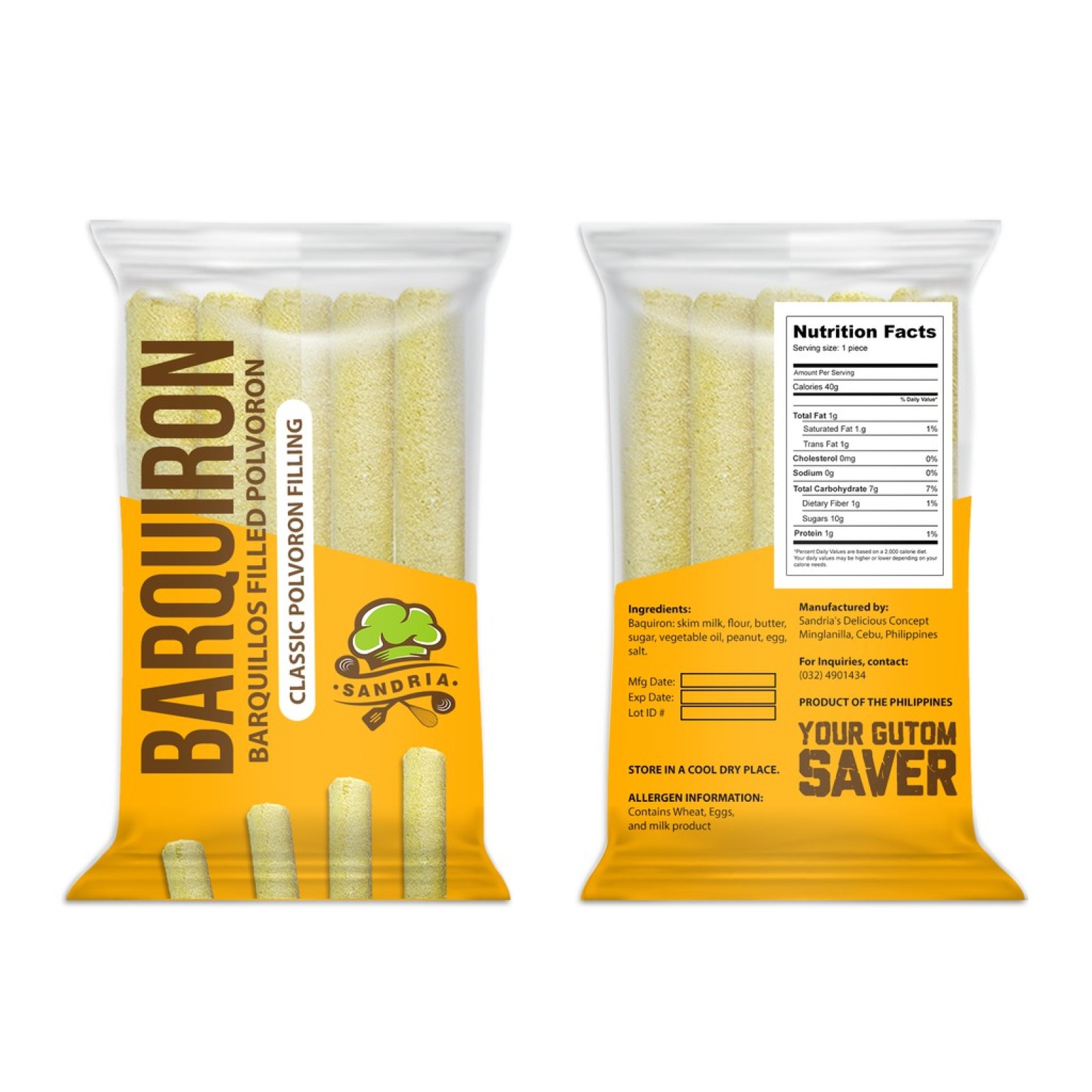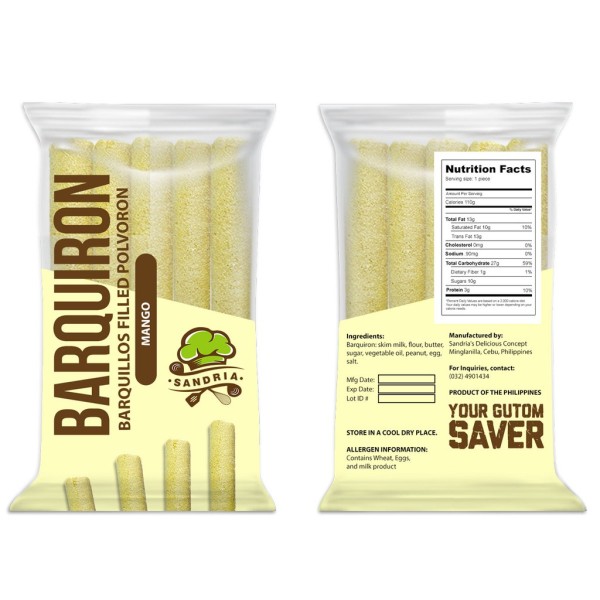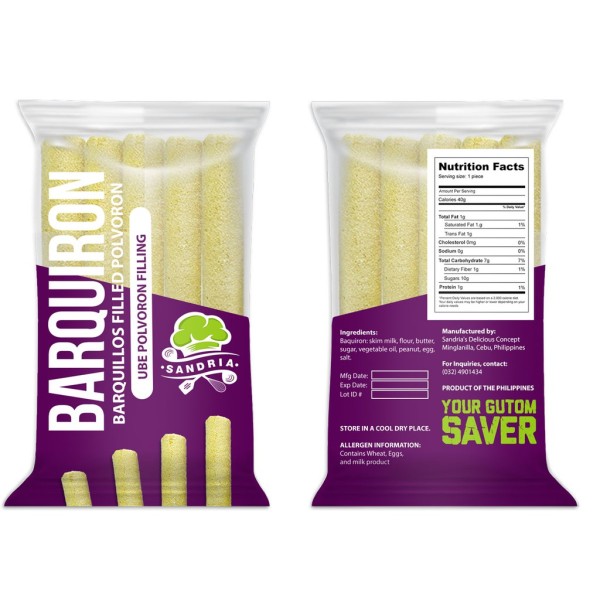How to Make your Brand Stand Out
Being a newbie in any industry is tough, most especially in the cutthroat world of food and bever-ag...

December 13, 2022
There must be something in the milk. It is the only explanation Sandria Rillo Cadusale offers for why her brand of Filipino biscuits tastes the way it does. It’s the milk, she insisted. Well, the milk and love.
There must be something in the milk. It is the only explanation Sandria Rillo Cadusale offers for why her brand of Filipino biscuits tastes the way it does. It’s the milk, she insisted. Well, the milk and love.
Technically speaking, Sandria’s Delicious Concept started over a decade ago—around 2010. However, Cadusale has been making kakanin (Filipino rice cakes) and biscuits since 1984. She learned the recipes from her brother-in-law and began selling barquillos (rolled wafers), polvoron (a type of shortbread cookie), and barquiron (polvoron-filled barquillos) in her high school to help pay for her tuition. By the time she went to college and found employment, she closed shop.
It was during her Master’s degree that she decided to revive her business. “The cafeteria was closed during the weekend, so we didn’t have anything to eat,” Cadusale recalled. When her goods took off, she started leaving inventory in school canteens.

“The recipes just came back to me,” said Cadusale. “They’re not difficult because the ingredients are one-is-to-one. You only have to mix them all.” These simple recipes, however, are backed by a few tricks.
“My secret is the taste. It’s different. Maybe because I’m doing it out of love,” she shared. A more practical answer, however, is her skim milk, which she sources particularly. “If I use something else, the taste changes.”
With her flavors nailed, she joined the Department of Trade and Industry’s Kapatid Mentor Me program in 2018. KMME offers business coaching and access to shared service facilities and links to larger companies’ value chains. The initiative grew her productivity and reach. She also participated in the department’s One Town, One Product (OTOP) program, which improved her packaging.

For her export products, Cadusale says she keeps the recipe unchanged. However, barquiron for the international market comes in a much larger roll.
When the government announced lockdowns in 2020, many of Sandria’s distributors canceled their shipments – one of which was a contract with a nationwide convenience store chain that paused its orders from March to October 2020. Cadusale’s solution was to donate the stocks to front liners, from hospital workers and checkpoint guards to barangay officials and parish churches.
To keep her employees afloat, Cadusale diversified to selling frozen goods as well as packed meals. She invested her energy into the company’s online presence, building a website and boosting ads on Facebook. Eventually, large plants and factories in Cebu saw them and hired Sandria’s for their employee meals. Later, Sandria’s began supplying food for government agencies and operations as well.
It was only in June 2021 when Sandria’s delicacies began to bounce back. Cadusale quickly re-established the company’s footing and started stocking up in malls again. Her determination is impressive—even more so when one discovers that she still maintains a full-time job. But then again, she’s doing all of this with love.
Check out these food fusions between Filipino and Middle Eastern cuisines
The unending quest for healthy and sustainable food amid changing lifestyles
A quick look at the Philippine food staple often getting a bad health rap